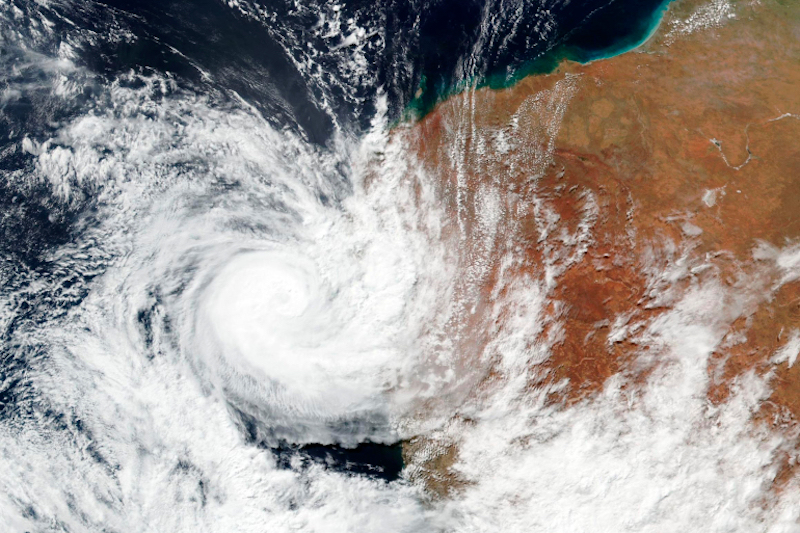Cyclones and floods will increase in frequency and intensity in a climate changed future. This project uses aggregated claims and loss data to provide empirical evidence for the vulnerability of modern homes (built post 2000).
Appropriate land-use planning, building codes and construction quality, coupled with affordable insurance is a foundation for community resilience to natural disasters.
Damage investigations following tropical cyclones have shown that there is positive change in performance for life safety robustness of housing, built after the code changes (post-1980) across the tropical cyclone regions of Australia. However, achieving life safety does not necessarily result in protection of property or reduced economic loss from natural disasters. Investigations of damage to buildings following severe weather events shows continuing problems with the performance of contemporary engineered buildings, particularly with respect to water ingress.
Objective
The project aggregated claims and loss data from ICA members and has developed empirical evidence regarding the vulnerability of modern homes to cyclone and flood.
Relationship/Partnership
James Cooke University, Cyclone Testing Station and Risk Frontiers were commissioned to conduct the project. Claims and Loss Data was provided by the following ICA Members: RACQ, Allianz, IAG, Suncorp, QBE, and Westpac.
Measures of Success
Report is used to provide evidence for a change to the building code in 2025.




